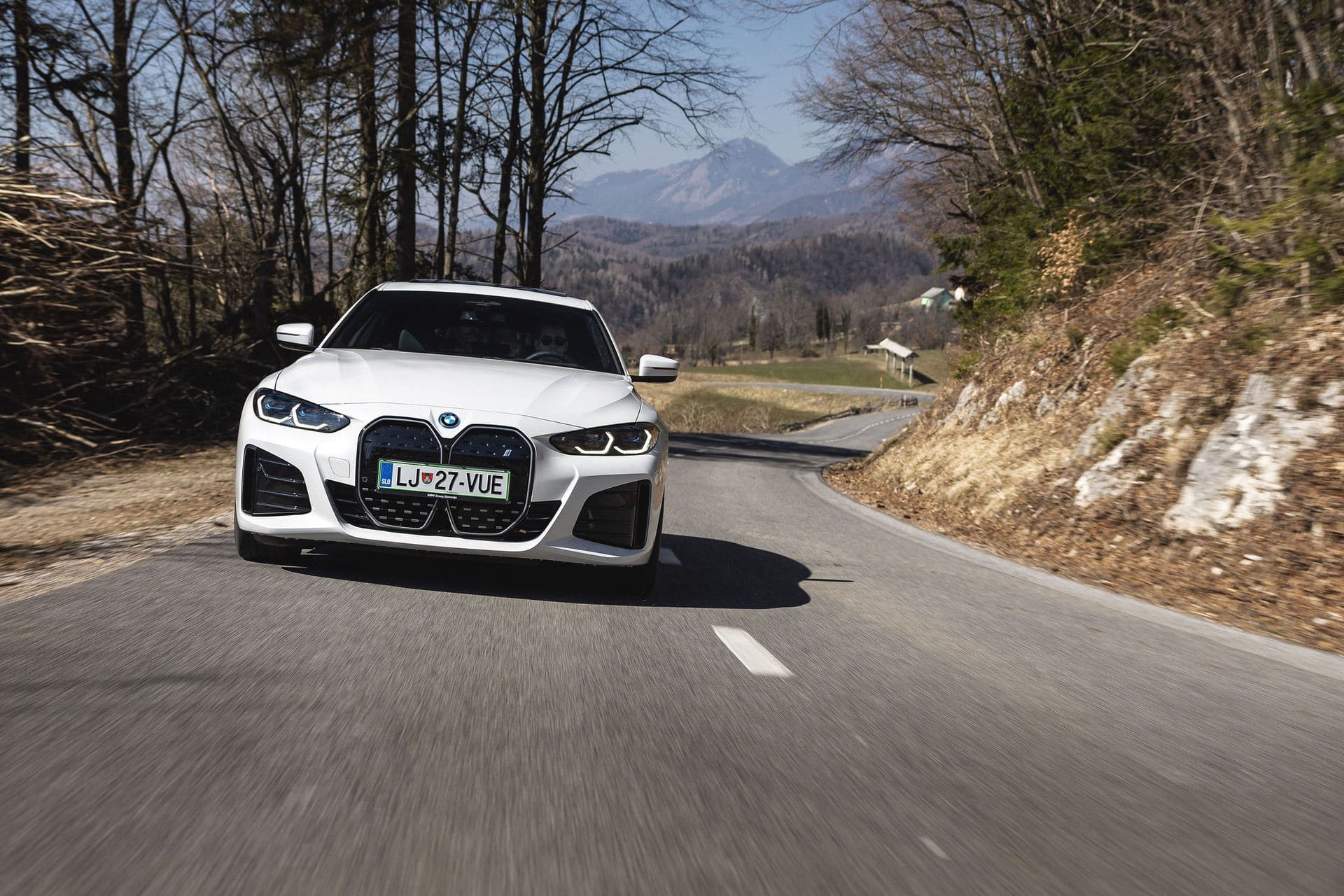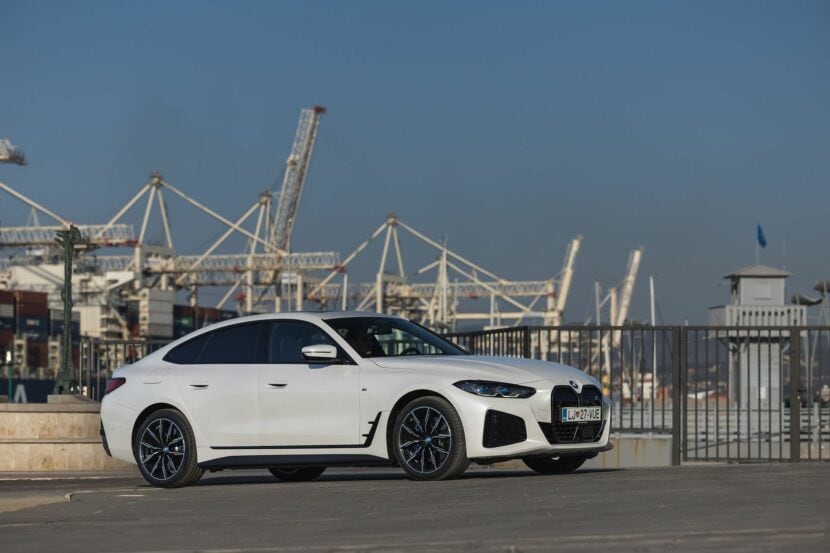When BMW announced the new i4 eDrive35, it left many of us scratching our heads. Sure, it comes at a slightly lower price but it also lacks power and battery capacity to the i4 eDrive40, while barely costing any less. Are BMW customers really going to be swayed to get the i4 just because there’s a version that’s $4,500 cheaper? However then we saw that there might be another reason why BMW made the cheaper version—tax rebates.
Congress is currently looking at a bill called the Inflation Reduction Act, which is essentially the leftovers of the Build Back Better plan. However, this new bill changes up how EV rebates are given out to customers. Most importantly, the $7,500 federal tax rebate would only be available on EVs costing under $55,000. The BMW i4 eDrive50 is just a hair over $55,000. So the timing of this makes a bit of sense.
However, there is quite a major stipulation in the bill that could end up hurting BMW’s plans. The bill says that only electric vehicles assembled in North America are eligible for the tax rebates. BMW doesn’t manufacture the i4 in North America. It’s built in Germany. However, that part of the bill could change before it’s passed and BMW could just be trying to be proactive and get an i4 under that $55,000 mark just in case.
Although, this bill applies to more than just EVs. Rather than use specific language to make it eligible only for pure EVs, the new bill says it works for all “clean vehicles.” That could also include plug-in hybrids as well, of which BMW only has one, the BMW 330e. Interestingly, the bill also adds a $4,000 tax credit to anyone that buys a used EV and there are new income restrictions. Single-income households can’t make over $150,000 per year and still get the rebate. And double-income households can’t make over $300,000 a year, or they won’t get the rebate.
The BMW i4 eDrive35 doesn’t seem like a bad car. According to BMW, it gets a similar range to the i4 eDrive40 while not losing much range at all. All while being a few grand cheaper.






































































